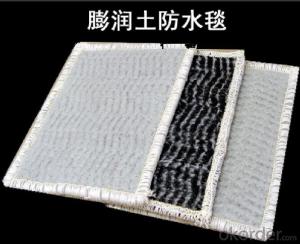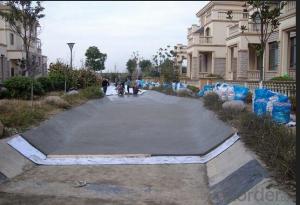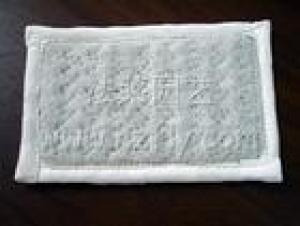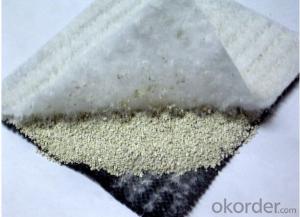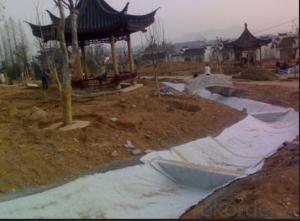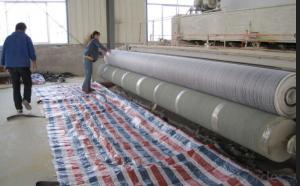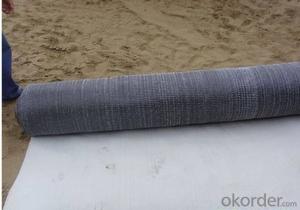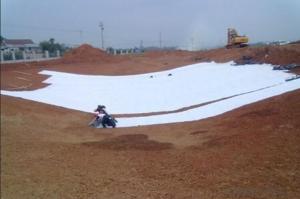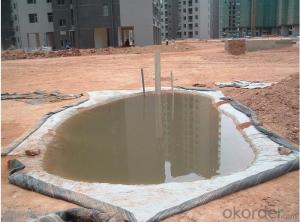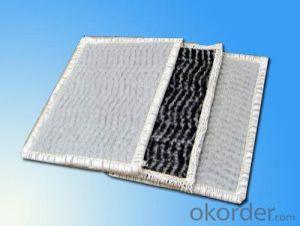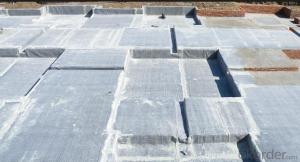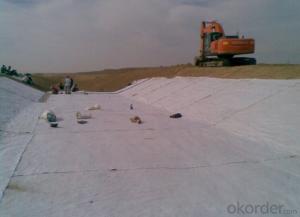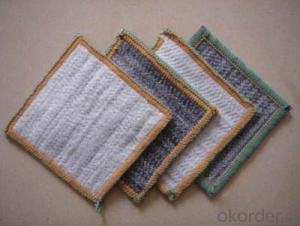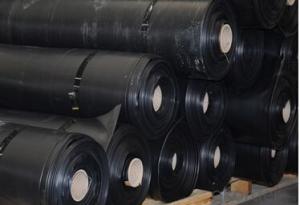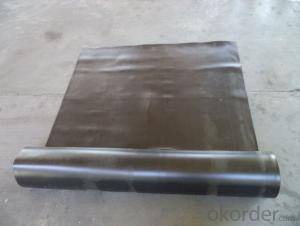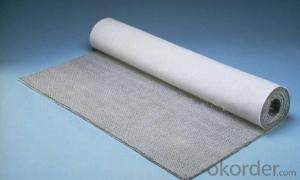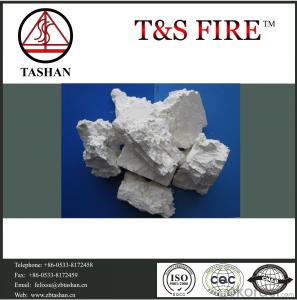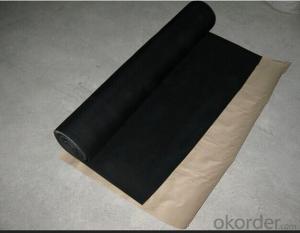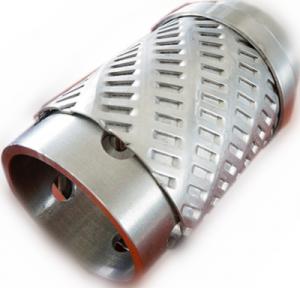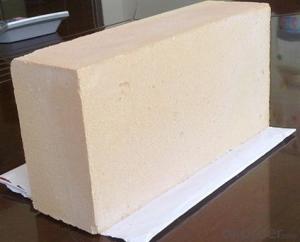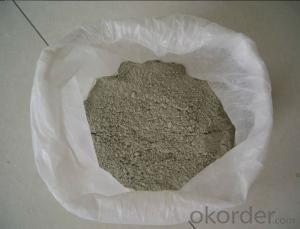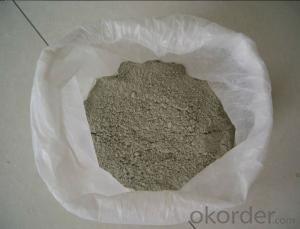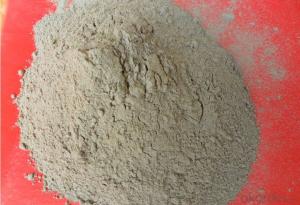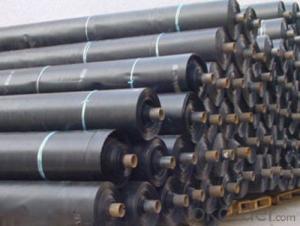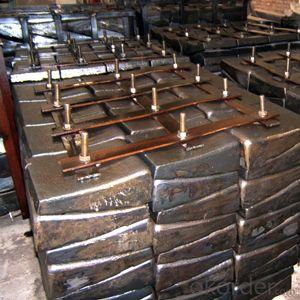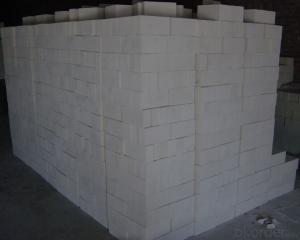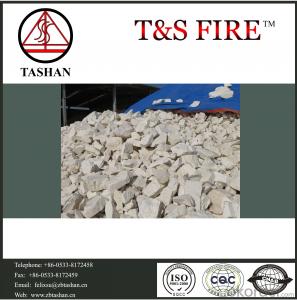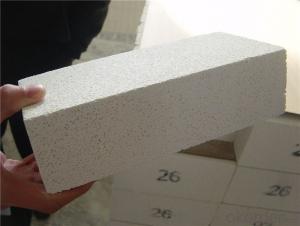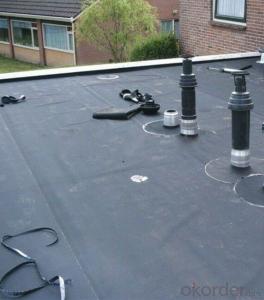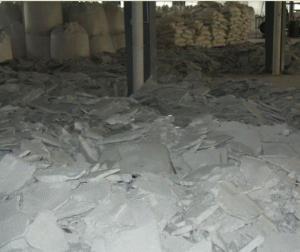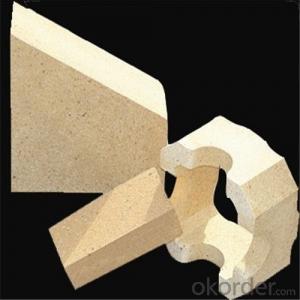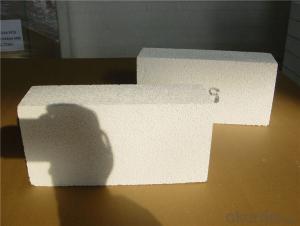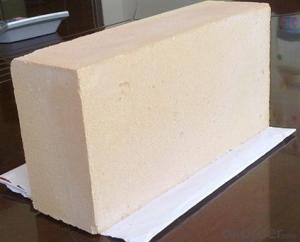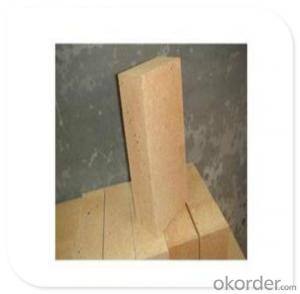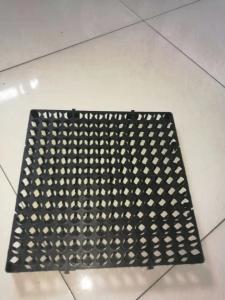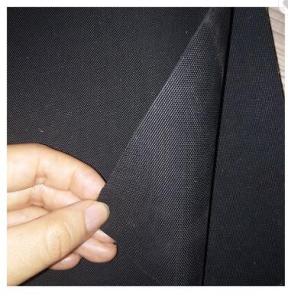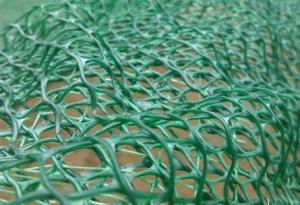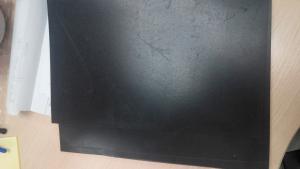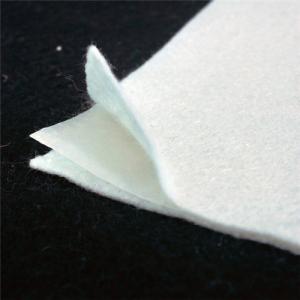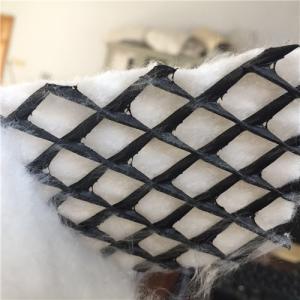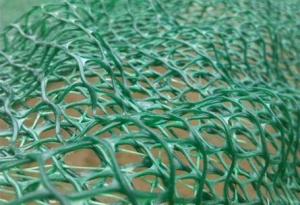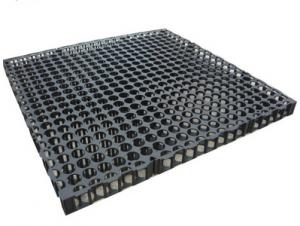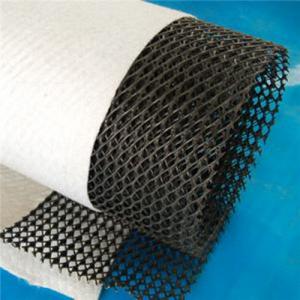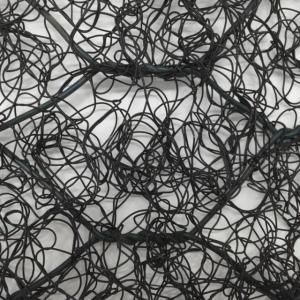Geosynthetic Clay Liner
Geosynthetic Clay Liner Related Searches
Small Clay Roof Tiles Clay Roof Tiles Installation French Clay Roof Tiles Terracotta Clay Roof Tiles Clay Roof Shingles Geosynthetic Materials Geosynthetic Clay Liner Gcl LinerHot Searches
Roof Clay Tiles Prices Hdpe Liner Cost Geosynthetic Clay Liner Cost Landfill Liner Cost Geocomposite Manufacturers Roof Clay Tiles Prices Geosynthetic Clay Liner Cost Landfill Liner Cost Geocomposite Manufacturers Roof Clay Tiles Prices Geosynthetic Clay Liner Cost Landfill Liner CostGeosynthetic Clay Liner Supplier & Manufacturer from China
Okorder.com is a professional Geosynthetic Clay Liner supplier & manufacturer, offers integrated one-stop services including real-time quoting and online cargo tracking. We are funded by CNBM Group, a Fortune 500 enterprise and the largest Geosynthetic Clay Liner firm in China.Hot Products
FAQ
- There are several advantages of using geocells in earthwork applications. Firstly, geocells provide excellent soil stabilization and erosion control, preventing soil erosion and improving slope stability. Secondly, they enhance the load-bearing capacity of the soil, allowing for the construction of roads, embankments, and foundations in areas with weak or unstable soil. Thirdly, geocells help to reduce construction costs and time by requiring less excavation and backfill material, as well as providing a faster and more efficient construction process. Additionally, geocells are environmentally friendly as they can be made from recycled materials and promote vegetation growth, further minimizing their ecological impact.
- The different finishes available for earthwork products include rough, smooth, textured, stamped, and stained finishes.
- The purpose of using earthwork products in construction is to shape and manipulate the earth's surface to create a stable foundation, provide drainage, control erosion, and achieve desired grades and slopes. These products, such as soil, gravel, and rocks, are used to build roads, embankments, foundations, and other infrastructure elements, ensuring the structural integrity and longevity of the construction project.
- There are several advantages of using geotextile tubes for canal restoration. Firstly, geotextile tubes provide effective erosion control, preventing further degradation of the canal banks. Secondly, these tubes are made of permeable fabric, allowing water to pass through while retaining sediment, which helps in the natural process of sediment deposition and formation of stable canal beds. Additionally, geotextile tubes are easy to install and can be customized to fit different canal sizes and shapes, making them a versatile solution for restoration projects. Lastly, these tubes are durable, resistant to UV degradation and chemicals, ensuring long-term stability and effectiveness in restoring and maintaining canal infrastructure.
- Yes, earthwork products can be used for aesthetic purposes. Earthwork products such as rocks, boulders, gravel, and soil can be creatively incorporated into landscaping projects to enhance the visual appeal of outdoor spaces. They can be used to create pathways, retaining walls, decorative borders, or to add natural elements to gardens and parks. These earthwork products can also be arranged in various patterns and colors to create visually pleasing designs, making them a popular choice for adding aesthetic value to both residential and commercial properties.
- Yes, geosynthetics can be used for reinforcement in underground tunnels. Geosynthetics, such as geotextiles or geogrids, are commonly used in tunnel construction to enhance the stability and strength of the tunnel structure. They are effective in preventing soil erosion, providing soil reinforcement, and improving overall geotechnical performance in underground tunnels.
- Yes, earthwork products can be used in both residential and commercial projects. Earthwork products, such as soil, gravel, and sand, are commonly used in various construction projects, including building foundations, landscaping, road construction, and drainage systems, which are applicable to both residential and commercial developments.
- Sediment basins are an effective erosion control measure that offer several benefits. Firstly, they capture and retain sediment runoff from construction sites, preventing it from entering nearby water bodies and causing pollution. This helps to protect the water quality and aquatic ecosystems. Secondly, sediment basins also prevent excessive soil erosion by slowing down the flow of runoff and allowing sediments to settle. This helps in maintaining the integrity of the surrounding land and minimizing the loss of fertile topsoil. Lastly, sediment basins can be cost-effective as they require relatively low maintenance and provide a long-term erosion control solution. Overall, the benefits of using sediment basins include improved water quality, reduced soil erosion, and cost-effectiveness in erosion control.
